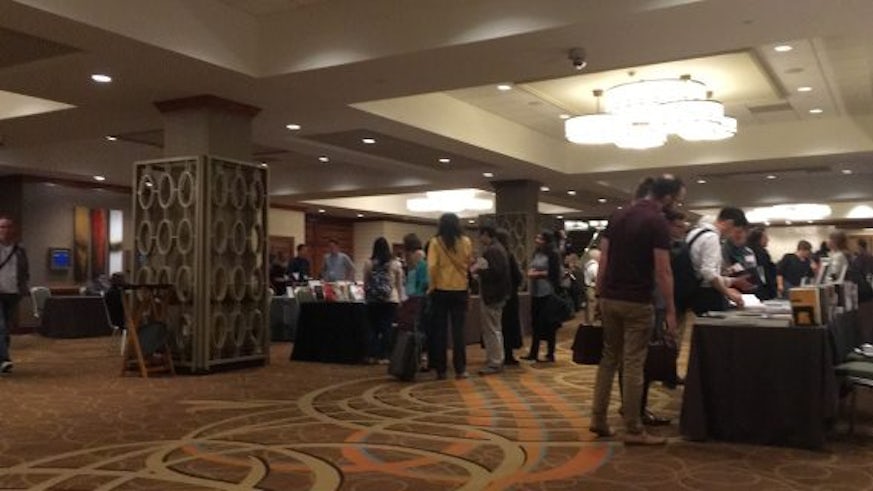This August, as a recent graduate and an upcoming PhD candidate at the Welsh School of Architecture, I found myself with the opportunity to present the research that I undertook for my master’s dissertation amongst a cohort of fellow researchers and academics at the annual Society of Social Sciences conference held this year in Boston, USA.
This year’s conference focused on the theme of ‘[In]Sensibilities’ and, as the brief states, “how the world is made differently sense-able through multiple discourses and practices of knowledge-making”. As part of an open call for papers on a huge variety of research areas, I submitted my dissertation abstract to a closed panel on ‘Designing Death, Dying and the Afterlife’. After having been reviewed by the conferences panel and the panel organisers, my paper was accepted. With the generous support of the Welsh School of Architecture, I was able to travel to Boston for the incredible experience of starting my academic career to talk about the piece of research that kick started my passion to take on a PhD.
My research focused on a niche, often taboo topic: the role of architecture in places of palliative care environments, and how design can shape a ‘dignified death’. As one of few (as a fellow presenter put it) ‘death scholars’, the conference presented me with an incredible chance to discuss ideas, methodologies and experiences with the few people working in the field of death. Whilst I was one of only two presenting within the field of architecture and design specifically, it was a fascinating chance to get a more rounded contextual view of how to approach this topic. This particular aspect of design is one that encompasses more than just environment, but emotion and intense human interaction.
Initially, I was nervous to present to those not familiar with architecture and design, but soon realised that I was in perfect company. I was soon immersed in an animated conversation with those coming from social sciences, philosophy and neurosciences backgrounds discussing the context and wider impact of this kind of research. Having this opportunity to witness and be part of such an event has given me the extra passion to drive forward my research for my PhD – drawing on my time in Boston and channeling this academic dedication to the very real impact of architecture in society.
